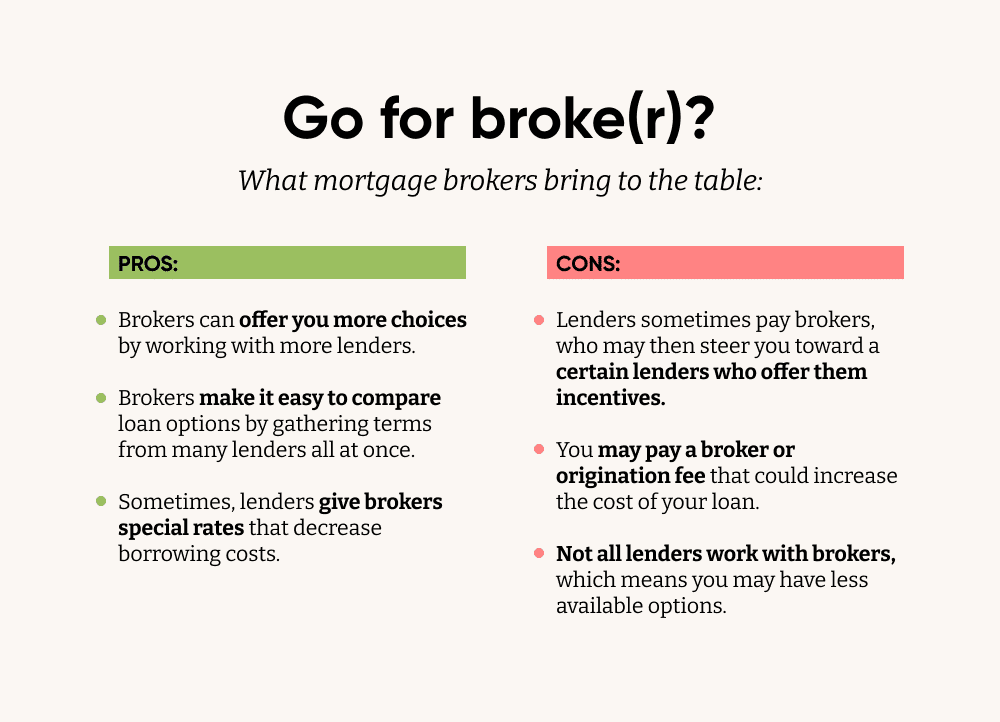Jumbo Loan Rates: What You Need to Know Before Applying
Jumbo Loan Rates: What You Need to Know Before Applying
Blog Article
Understanding What a Jumbo Funding Entails and Just How It Varies From Conventional Lendings
Browsing the complexities of jumbo financings exposes a financing option tailored for those venturing into high-value real estate, generally surpassing the restrictions set by the Federal Housing Financing Company. The significant threat linked with big fundings necessitates a lot more strict certification needs, including higher credit ratings and considerable down settlements.
Interpretation of Jumbo Loans
Jumbo lendings are a kind of mortgage that go beyond the adjusting car loan restrictions set by the Federal Housing Financing Company (FHFA) These financings deal with consumers that require to fund properties that are a lot more costly than what conventional loan limitations enable. The FHFA establishes yearly adjusting financing limits, and any funding going beyond these limits is classified as a big finance.
Commonly, jumbo fundings are used in high-cost realty markets where home costs dramatically exceed nationwide averages, such as in urbane locations or luxury real estate industries. As these fundings are not eligible for acquisition by Fannie Mae or Freddie Mac, they carry intrinsic dangers for lending institutions as a result of their larger dimension and non-conformity (jumbo loan). As a result, lending institutions usually enforce much more stringent qualification criteria for jumbo fundings than basic adjusting car loans.
Customers looking for big car loans must typically show a solid economic profile, consisting of a higher credit score, robust revenue verification, and significant down payment, often 20% or even more. Additionally, lenders might need a lot more extensive documentation to assess the borrower's ability to manage bigger monthly repayments. Understanding the details attributes of big loans is important for prospective debtors navigating this sector of the home loan market.
Traditional Finances Introduction
While big finances provide to high-value residential or commercial property funding, standard financings stand for the even more common mortgage alternative in the real estate market. These car loans are not insured or ensured by any type of government entity, such as the Federal Housing Administration (FHA) or the Department of Veterans Affairs (VA) Instead, they are backed by private lenders and abide by standards established by government-sponsored ventures (GSEs) like Fannie Mae and Freddie Mac.
Standard financings are typically offered with fixed or flexible passion prices and differ in terms of duration, commonly extending 15 to three decades. Consumers usually like traditional fundings for their predictable monthly settlements, which can promote long-lasting monetary planning. Additionally, they are readily available for main homes, second homes, and financial investment properties, supplying versatility to meet varied debtor needs.

Trick Differences Between Finances
At the forefront of this decision-making procedure are big fundings and traditional car loans, each having unique qualities and offering various customer needs. Big fundings surpass the conforming loan restrictions set by the Federal Housing Financing Agency (FHFA), which differ by region.

In addition, the down settlement requirements can differ significantly. Big finances usually require larger deposits, occasionally going beyond 20%, to minimize threat. Conventional lendings, conversely, may permit lower down payments, with some programs accepting as little as 3% for qualified buyers.
Qualification Requirements
Safeguarding a big loan entails fulfilling extra rigorous credentials demands compared to traditional car loans, reflecting the increased threat to lending institutions. These financings, which go beyond the adapting funding limitations set by the Federal Real Estate Financing Agency (FHFA), are not eligible for acquisition by Freddie Mac or Fannie Mae, consequently exposing lenders to better monetary risk - jumbo loan. Consequently, debtors should demonstrate a high credit reliability and monetary stability
A durable credit history, generally 700 or greater, is vital for approval. Lenders additionally expect a lower debt-to-income (DTI) proportion, commonly not exceeding 43%, ensuring that debtors can handle substantial month-to-month repayments along with other financial commitments. A significant cash money book is generally called for, typically amounting to 6 months of mortgage repayments, to comfort lenders of the debtor's monetary resilience.
Down repayment expectations are likewise elevated, often starting at 20% or more of the home's worth. While this is a secure for lending institutions, it demands substantial in advance funding from debtors.
Selecting the Right Finance
Browsing the complexity of jumbo fundings needs careful consideration when picking one of the most appropriate funding choice. With the broader array of alternatives offered to those seeking big finances, the decision-making procedure should entail a detailed analysis of one's financial account and long-lasting objectives. Unlike traditional car loans, jumbo financings commonly include more stringent demands and varied passion rates, which demand complete research study and a clear understanding of one's economic standing.
When selecting between various jumbo financing offerings, it is critical to examine the car loan terms, consisting of rate of interest prices, payment timetables, and associated fees. Debtors ought to contrast the rates supplied by different loan providers to ensure they secure the most beneficial terms. Furthermore, recognizing the implications of repaired versus variable-rate mortgages (ARMs) is important, as each alternative provides distinct benefits and threats depending on market problems and individual financial approaches.
Engaging with a monetary advisor or home loan broker can provide useful insights tailored to Get More Info private circumstances. These experts can assist in browsing the nuances of big finances, guaranteeing that borrowers are educated and geared up to select a finance that lines up with their economic goals, inevitably promoting a smoother home-buying procedure.
Conclusion
In recap, big fundings serve as an economic instrument for acquiring high-value properties, requiring rigorous eligibility requirements and higher passion rates because of the raised danger for lenders. Unlike standard lendings, which comply with FHFA restrictions and may get support from Fannie Mae or Freddie Mac, jumbo loans need a minimum credit rating of 700 and significant down repayments. Recognizing these distinctions is essential for debtors in high-cost property markets to determine one of the most ideal finance alternative for their requirements.
The FHFA develops annual adjusting financing restrictions, and any kind of finance going beyond these limits is classified as a big finance.
At the center of this decision-making procedure are traditional financings and big car loans, each having unique characteristics and offering different borrower demands.Protecting a jumbo lending includes satisfying more rigid credentials demands compared to traditional lendings, showing the boosted risk to lending institutions. Unlike conventional fundings, jumbo finances frequently come with more stringent needs and varied passion rates, which demand extensive study and a clear understanding of one's financial standing.
Unlike traditional financings, which adjust to FHFA limits and might obtain support from Fannie Mae or Freddie Mac, jumbo fundings call for a minimal credit report blog here rating of 700 and significant down payments.
Report this page